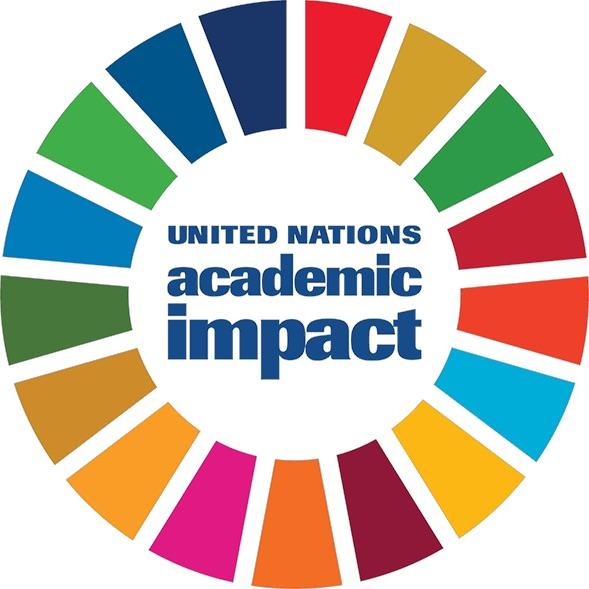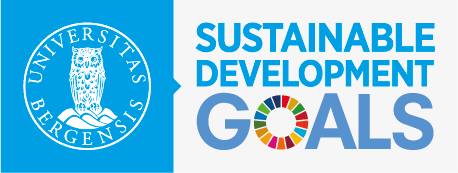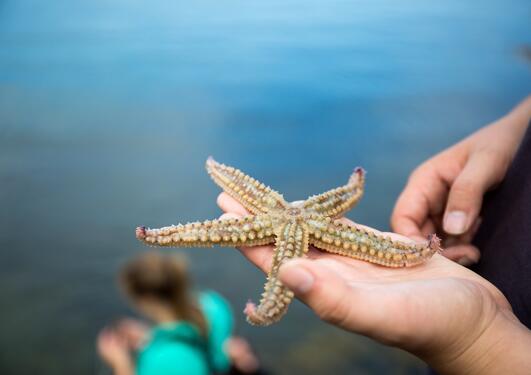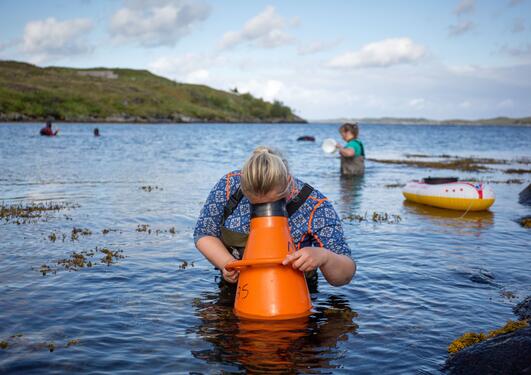Science diplomacy for the ocean
Ocean science is at the core of the University of Bergen’s science diplomacy activities. By juxtaposing the 17 goals of the 2030 Agenda, the university and its partners are quietly providing policymakers with research-based knowledge for global sustainability.

Hovedinnhold
- In a series of articles, United Nations Academic Impact (UNAI) presents ocean science from the University of Bergen, its Hub institution for SDG 14: Life below water in the Sustainable Ocean Series. This is the second of four articles.
Situated on the west coast of Norway, the city of Bergen has long traditions in trade, cultural exchange and science relating to the ocean. For the University of Bergen (UiB) to become the official UNAI Hub for SDG14, Life below water, was only natural.
On the axis between SDGs
The university has integrated the SDG14 Hub status with its science diplomacy activities, where the university has built a strong presence, in particular at the axis between SDG14 and the other 16 goals in the 2030 Agenda. Not least juxtaposing SDG14 with SDG13, Climate action, and SDG17, Partnerships for the goals.
On behalf of the university, its task force SDG Bergen Science Advice has co-organized and chaired official side events at COP24 in Katowice, the 2019 High-level Political Forum (HLPF) in New York and Our Ocean 2019 in Oslo, in close partnership with diplomats and scientists from its global network. The June 2019 Bergen Summer Research School was also devoted to the science-policy nexus and to practical training in communicating science to diplomats.
Professor Edvard Hviding is the Scientific Director for SDG Bergen Science Advice, which spearheads the university’s science diplomacy efforts.
“It all began when we sent a small, but dedicated delegation to the inaugural UN Ocean Conference in New York in June 2017,” says Hviding, “which led to us making two voluntary commitments with two of our close and longstanding university partners in the Pacific and Africa, strengthening our global ocean-climate science collaborations.”
The Bergen juxtaposition model
The Ocean Conference turned out to be the starting point for the university’s exploration into science advice and science diplomacy with a particular focus on providing policymakers with research-based knowledge on SDG14.
“Quickly, however, we realised that limiting our advice to one SDG was not enough. Instead, we focused on overall SDG literacy, analysing the goals, sub goals and targets in the 2030 Agenda to see where our science could make a difference,” says Hviding.
This again led to the university adopting its juxtaposition model in science diplomacy, with a particular focus on bringing ocean and climate science together with the ideals of partnerships enshrined in the 2030 Agenda.
“We believe this is key to providing new knowledge to inform decision-making on the SDGs. This allowed us to explore and exemplify various ways in which scientific knowledge and multilateral diplomacy can be brought into closer interaction for the SDGs,” says Hviding.
Science diplomacy platform
He highlights the UN Decade of Ocean Science for Sustainable Development initiated by IOC-UNESCO as a great example for collective action, and the University of Bergen immediately integrated this into its science diplomacy platform.
“It is noticeable that there are more universities and scientists participating in official SDG related events,” says Hviding, “and through our own work with partners, the University of Bergen has been among the driving forces for researchers to engage more directly with the SDGs in general and with SDG14 and the Decade of Ocean Science in particular.”
At the University of Bergen there is also the development of the SDG Bergen Policy Briefs, which aim to provide policymakers with recommendations based on peer-reviewed scientific papers and are directed at the goals in the 2030 Agenda.
“We are in dialogue with several scientists to produce tailor-made policy briefs. To start with we are trying to focus on the 21 SDG targets maturing in 2020, many of which deal with biodiversity, both within SDG14 and other goals,” says Edvard Hviding.
The aim is to cover all 17 SDGs with the SDG Bergen Policy Briefs series, thus underlining the University of Bergen’s broad commitment to science diplomacy and the 2030 Agenda.



